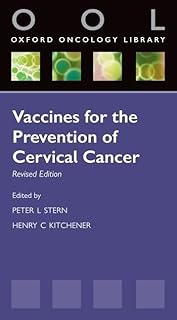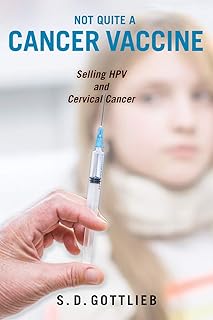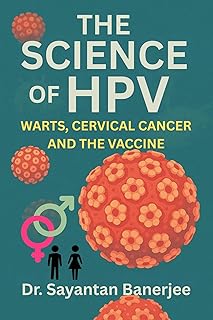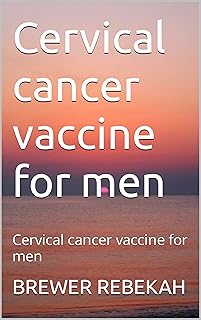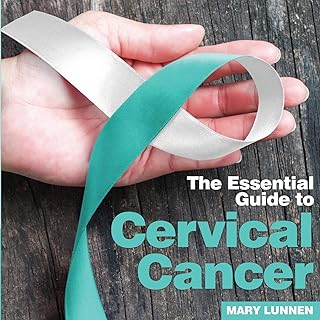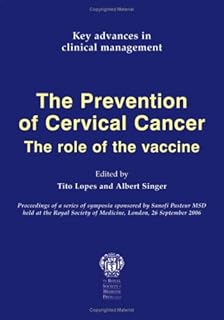Cervical cancer is a prevalent health issue, particularly in countries like India, where it ranks as the second most common cancer affecting women. The primary culprit behind cervical cancer is the human papillomavirus (HPV), a group of viruses that can spread through direct skin contact. While vaccination remains the most effective preventive measure, maintaining personal hygiene can play a significant role in reducing the risk of HPV infection and subsequent cervical cancer development.
To delve deeper into the connection between personal hygiene and cervical cancer risk reduction, the OnlyMyHealth team consulted Dr. Shivpal Saini, a Surgical Oncologist at HCG Cancer Centre in Jaipur. Dr. Saini underscores the importance of proper hygiene, especially in intimate areas, in mitigating the risk of HPV infection. While personal hygiene cannot entirely eliminate the risk of cervical cancer, it can substantially lower exposure to harmful viruses and bacteria.
One crucial aspect highlighted by Dr. Saini is the practice of safe sexual hygiene. Encouraging partners to use condoms during intercourse can help reduce HPV transmission. Although condoms may not offer complete protection, they serve as a valuable barrier against various sexually transmitted infections.
Post-intercourse hygiene is equally critical in preventing infections. Thoroughly cleaning the vaginal area after sexual activity using appropriate methods can help prevent the lingering of viruses, thereby reducing the risk of HPV infection and cervical cancer development.
Dr. Saini also emphasizes the importance of daily vaginal hygiene practices. Recommendations include avoiding harsh soaps or douches that can disrupt the natural pH balance, wearing breathable cotton underwear to prevent moisture accumulation, and changing sanitary pads or tampons frequently during menstruation to minimize infection risks.
While personal hygiene is a vital component in reducing cervical cancer risk, it should complement rather than replace key preventive measures such as HPV vaccination and routine screenings. The HPV vaccine is highly effective in preventing infections linked to cervical cancer and is recommended for young girls and women before sexual activity initiation. Regular Pap smears and HPV tests aid in early detection of precancerous cervical cell changes, enabling timely intervention and improved treatment outcomes.
Early detection of cervical cancer symptoms, including abnormal vaginal bleeding, unusual discharge, pelvic pain, or painful urination, is crucial for prompt medical consultation and treatment initiation. Treatment options for cervical cancer range from surgery, radiation therapy, and chemotherapy to targeted therapy and immunotherapy, tailored to the disease stage and patient’s health status.
Aside from personal hygiene practices, women are advised to pursue preventive measures like HPV vaccination, regular health check-ups, safe sex practices, and healthy lifestyle choices to minimize cervical cancer risk. Maintaining good personal hygiene, combined with vaccination, screenings, and symptom awareness, forms a comprehensive approach to cervical cancer prevention.
Dr. Shivpal Saini underscores the importance of prioritizing hygiene, vaccination, and regular screenings as essential steps in safeguarding women’s health against cervical cancer. By adopting these preventive strategies, women can proactively work towards a healthier, cancer-free future.
📰 Related Articles
- Self-Collected HPV Tests Boost Cervical Cancer Screening Rates in Japan
- Machine Learning Enhances Cervical Cancer Staging Accuracy
- Advancements in Cancer Care: Revolutionizing Treatment and Prevention
- Young Key Forwards Shine Amid AFL Round 14 Challenges
- Why The Bridge Inn’s Garden Shed Holds Key to Community Heritage

